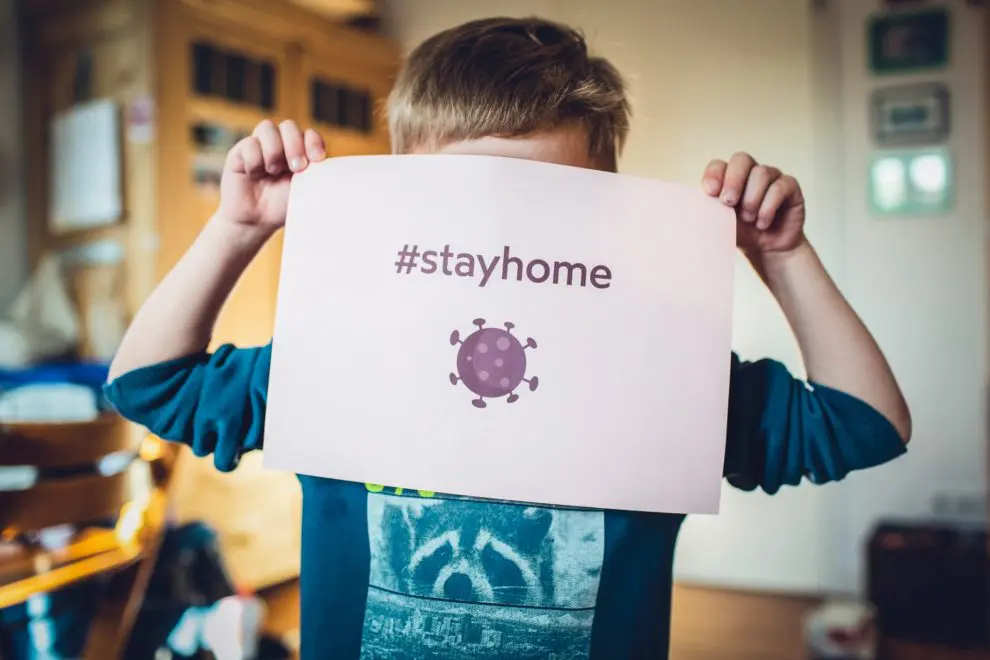
Like many people, I’ve been isolating at home with my family. The pandemic has impacted everyone, but it’s been especially difficult to see how it’s affected the daily lives of my three younger siblings. My eight-year-old sister, Maggie, told me one day she was scared. In the beginning, I told her not to worry, as children had been largely spared from the impacts of this mysterious virus. But as children started getting sick, I realized there are frightening unknowns around kids and COVID.
As medical experts have acknowledged, we still know very little about how this virus impacts adults. But we know even less about its effect on children, especially how they spread it. Studies remain unclear on how young children spread the virus, and we can’t make schools the experiment to help us find out. Yet lawmakers and others are pushing for schools to reopen, even though we have no idea what the impact will be on the millions of children, teachers, and families. It’s clear that more research is needed, but the problem is that scientific research takes time – especially with children.
When the pandemic first began, many believed that kids were less susceptible and older adults were the ones urged to social distance. As the pandemic has progressed and we’ve uncovered more about COVID-19, it is obvious kids are not immune at all. Between January and May, more than 231,000 children under the age of 18 were infected with the virus. When Multisystem Inflammatory Syndrome in Children first appeared, a rare and mysterious illness related to COVID-19 infections, the narrative surrounding kids and COVID began to change. Kids were no longer being spared from this disease in the way scientists previously believed. To make matters worse, there is still little known about why children get MIS-C and its long term impacts.
Kids are being overlooked and undercut during this pandemic, and their vulnerability to the disease is being underestimated by our leaders. The governor of Missouri, Mike Parson, said that kids are “at the lowest risk possible” of catching COVID-19, and if they do catch it, “they’re going to go home and they’re going to get over it.” Not only is this statement false — there are thousands of kids who have caught the virus and hundreds who have died from it — but it’s dangerous. Saying that kids will “get over it” is reckless and irresponsible. Research into the health implications for younger people, and their families, should be prioritized, since a newly occurring disease comes with a great number of unknowns, especially about the long-term effects.
As we move forward in these unprecedented times, our leaders should not be basing decisions regarding the health of our children. Scientists are doing the best they can in conducting studies, but as Dr. Sonja Rasumussen, a pediatrician, said, “Science takes time, and good science takes even more time.” America’s children deserve good science. They deserve the best science. It’s up to us to make sure they get it.